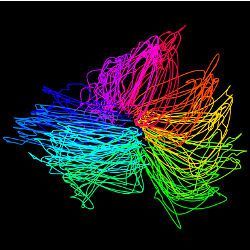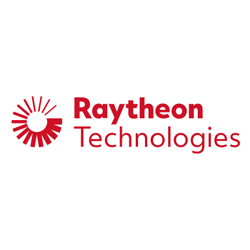Apache Spark: A Unified Engine for Big Data Processing
- by 7wData

The growth of data volumes in industry and research poses tremendous opportunities, as well as tremendous computational challenges. As data sizes have outpaced the capabilities of single machines, users have needed new systems to scale out computations to multiple nodes. As a result, there has been an explosion of new cluster programming models targeting diverse computing workloads. At first, these models were relatively specialized, with new models developed for new workloads; for example, MapReduce supported batch processing, but Google also developed Dremel for interactive SQL queries and Pregel for iterative graph algorithms. In the open source Apache Hadoop stack, systems like Storm and Impala are also specialized. Even in the relational database world, the trend has been to move away from "one-size-fits-all" systems. Unfortunately, most big data applications need to combine many different processing types. The very nature of "big data" is that it is diverse and messy; a typical pipeline will need MapReduce-like code for data loading, SQL-like queries, and iterative machine learning. Specialized engines can thus create both complexity and inefficiency; users must stitch together disparate systems, and some applications simply cannot be expressed efficiently in any engine.
In 2009, our group at the University of California, Berkeley, started the Apache Spark project to design a unified engine for distributed data processing. Spark has a programming model similar to MapReduce but extends it with a data-sharing abstraction called "Resilient Distributed Datasets," or RDDs. Using this simple extension, Spark can capture a wide range of processing workloads that previously needed separate engines, including SQL, streaming, machine learning, and graph processing (see Figure 1). These implementations use the same optimizations as specialized engines (such as column-oriented processing and incremental updates) and achieve similar performance but run as libraries over a common engine, making them easy and efficient to compose. Rather than being specific to these workloads, we claim this result is more general; when augmented with data sharing, MapReduce can emulate any distributed computation, so it should also be possible to run many other types of workloads.
Spark's generality has several important benefits. First, applications are easier to develop because they use a unified API. Second, it is more efficient to combine processing tasks; whereas prior systems required writing the data to storage to pass it to another engine, Spark can run diverse functions over the same data, often in memory. Finally, Spark enables new applications (such as interactive queries on a graph and streaming machine learning) that were not possible with previous systems. One powerful analogy for the value of unification is to compare smartphones to the separate portable devices that existed before them (such as cameras, cellphones, and GPS gadgets). In unifying the functions of these devices, smartphones enabled new applications that combine their functions (such as video messaging and Waze) that would not have been possible on any one device.
Since its release in 2010, Spark has grown to be the most active open source project or big data processing, with more than 1,000 contributors. The project is in use in more than 1,000 organizations, ranging from technology companies to banking, retail, biotechnology, and astronomy. The largest publicly announced deployment has more than 8,000 nodes. As Spark has grown, we have sought to keep building on its strength as a unified engine. We (and others) have continued to build an integrated standard library over Spark, with functions from data import to machine learning. Users find this ability powerful; in surveys, we find the majority of users combine multiple of Spark's libraries in their applications.
[Social9_Share class=”s9-widget-wrapper”]
Upcoming Events
Evolving Your Data Architecture for Trustworthy Generative AI
18 April 2024
5 PM CET – 6 PM CET
Read MoreShift Difficult Problems Left with Graph Analysis on Streaming Data
29 April 2024
12 PM ET – 1 PM ET
Read More




